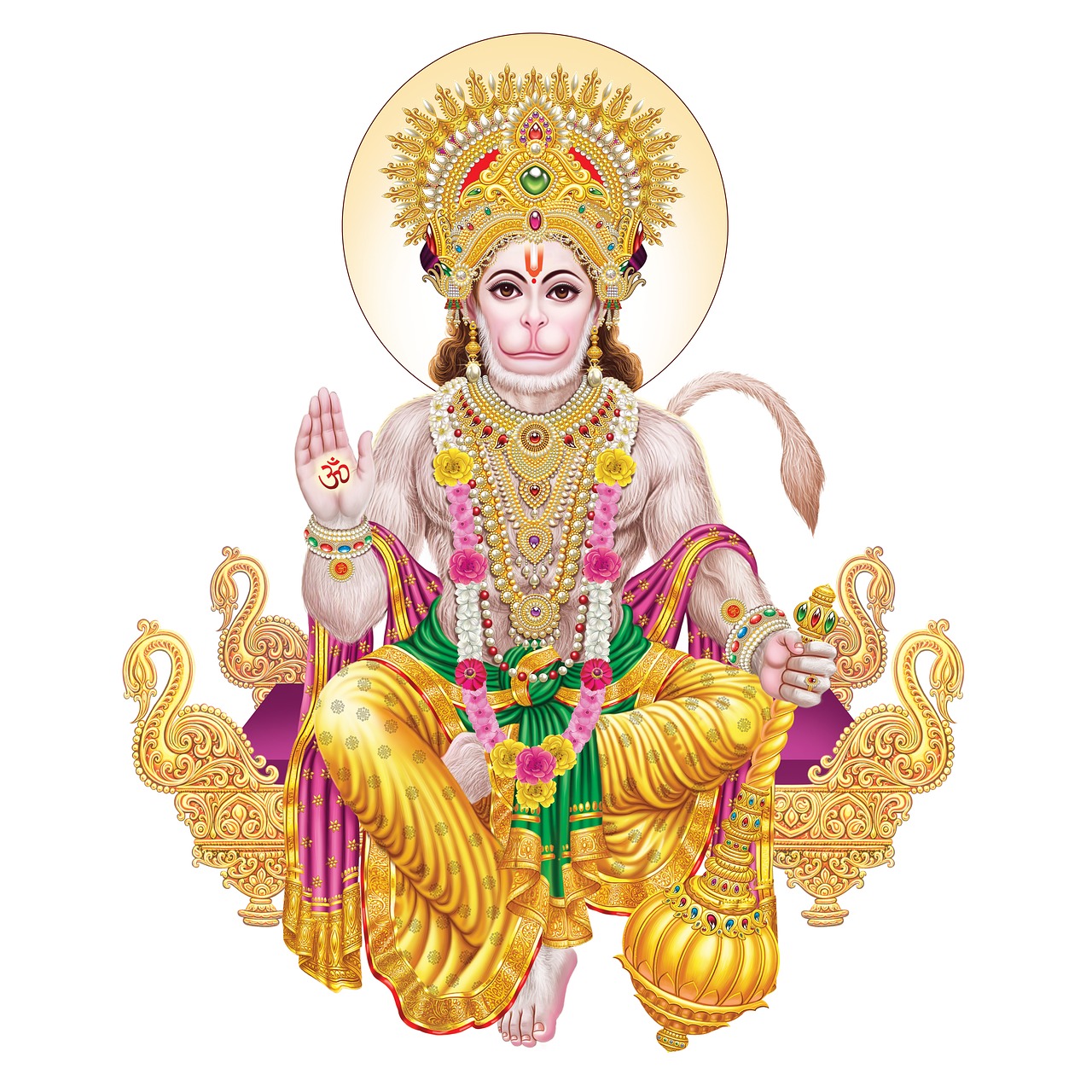Greek mythology comprises a rich tapestry of myths associated with ancient Greek deities, heroes, and rituals. These stories, although often understood as fictional by more discerning philosophers like Plato during the 5th and 4th centuries BCE, were predominantly accepted as factual within popular Greek culture. The enchanting tales of Greek myth have significantly influenced Western art and literature, echoing the ancient culture’s essence.
While every civilization has its own myths to explain natural events, divine actions, or societal norms, Greek mythology holds a uniquely prominent place in Western thought, captivating poets and artists from antiquity to modern times. This profound inspiration stems from the timeless relevance and imaginative ideas embedded within these ancient narratives.
Sources of Myths: Literature and Archaeology
The narratives have their roots in ancient literary sources, such as the epic poems of Homer. His works, the Iliad and the Odyssey, have been pivotal in shaping the portrayal of the Olympian gods. The historian Herodotus noted that Homer and Hesiod provided the gods with their well-known attributes and narratives. Notably, characters like Apollo and the sons of Atreus were recognizable to their audiences, established through prior myths that preceded these literary forms.
Contrary to the notion that Greek myths were purely entertainment, many influential Greeks regarded them with gravity, seeing moral and philosophical dimensions within these accounts. Hesiod’s works, particularly the Theogony and Works and Days, stand as central text sources of mythological genealogies and narratives. The Theogony, dated around 700 BCE, outlines the origins of the gods while intertwining folktales and myths. Meanwhile, Works and Days provides practical advice for navigating the complexities of life, emphasizing justice as a viable path to success.
Other significant literary contributions include the post-Homeric epics, which filled narrative gaps about the Trojan War that were not covered in the Iliad and Odyssey. The shorter Homeric Hymns, lyric poetry, and the tragedies of Aeschylus, Sophocles, and Euripides from the 5th century BCE further enrich the mythological landscape with varied traditions and stories.
During Hellenistic times, poets like Callimachus preserved several lesser-known myths, while thinkers like Euhemerus theorized that the gods may have originally been humans. In addition, Apollonius of Rhodes compiled the most comprehensive accounts of the Argonauts’ quest for the Golden Fleece.
As the Roman Empire rose, various scholars compiled sources that contributed to the understanding of Greek mythology. Texts such as Strabo’s Geography and the Library attributed to pseudo-Apollodorus were instrumental in preserving and disseminating these stories.
Archaeological Findings
Key archaeological discoveries have significantly shaped modern interpretations of these myths. The unearthing of the Mycenaean and Minoan civilizations by archaeologists like Heinrich Schliemann and Sir Arthur Evans revealed critical insights into early Greek culture and its ritualistic practices. Dating from around 2200 to 1450 BCE for Minoan civilization and 1600 to 1200 BCE for Mycenaean, these findings offered invaluable perspectives, even though much of the record remains predominantly monumental due to the limitations of Linear B script which mainly documented inventories.
Artwork from the 8th century BCE, characterized by geometric patterns, illustrated narratives related to the Trojan War and feats of heroes such as Heracles. However, the complexity and rigidity of this artistic style often obscure identification, lacking inscriptions that would clarify the depicted stories. During subsequent historical periods—Archaic, Classical, and Hellenistic—further mythological scenes emerged, enriching the legacy of the literary sources.
In summary, Greek mythology represents a vibrant cultural heritage that has inspired countless interpretations and adaptations throughout history, embodying themes of divinity, heroism, and morality that continue to resonate in contemporary discourse.



